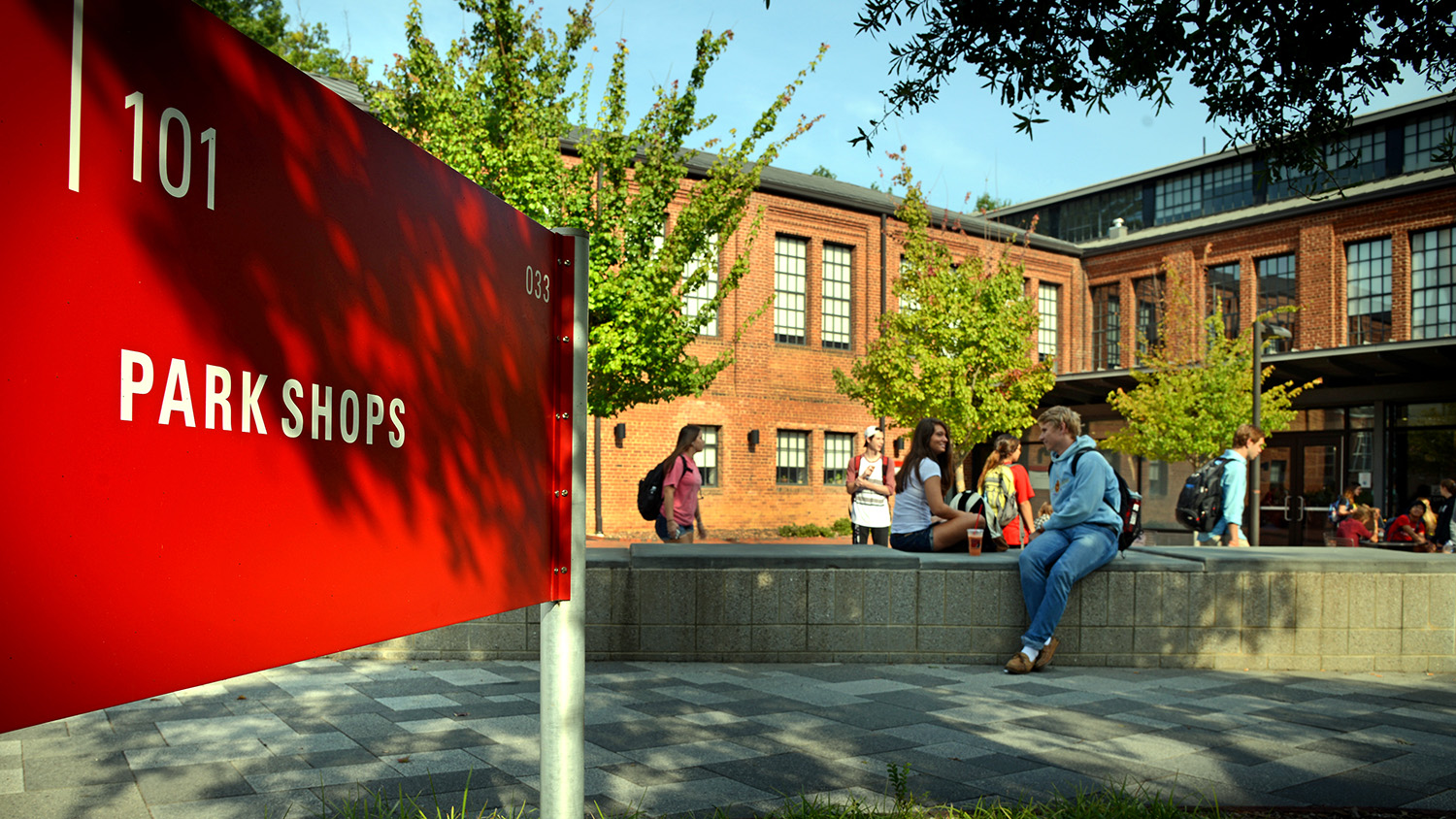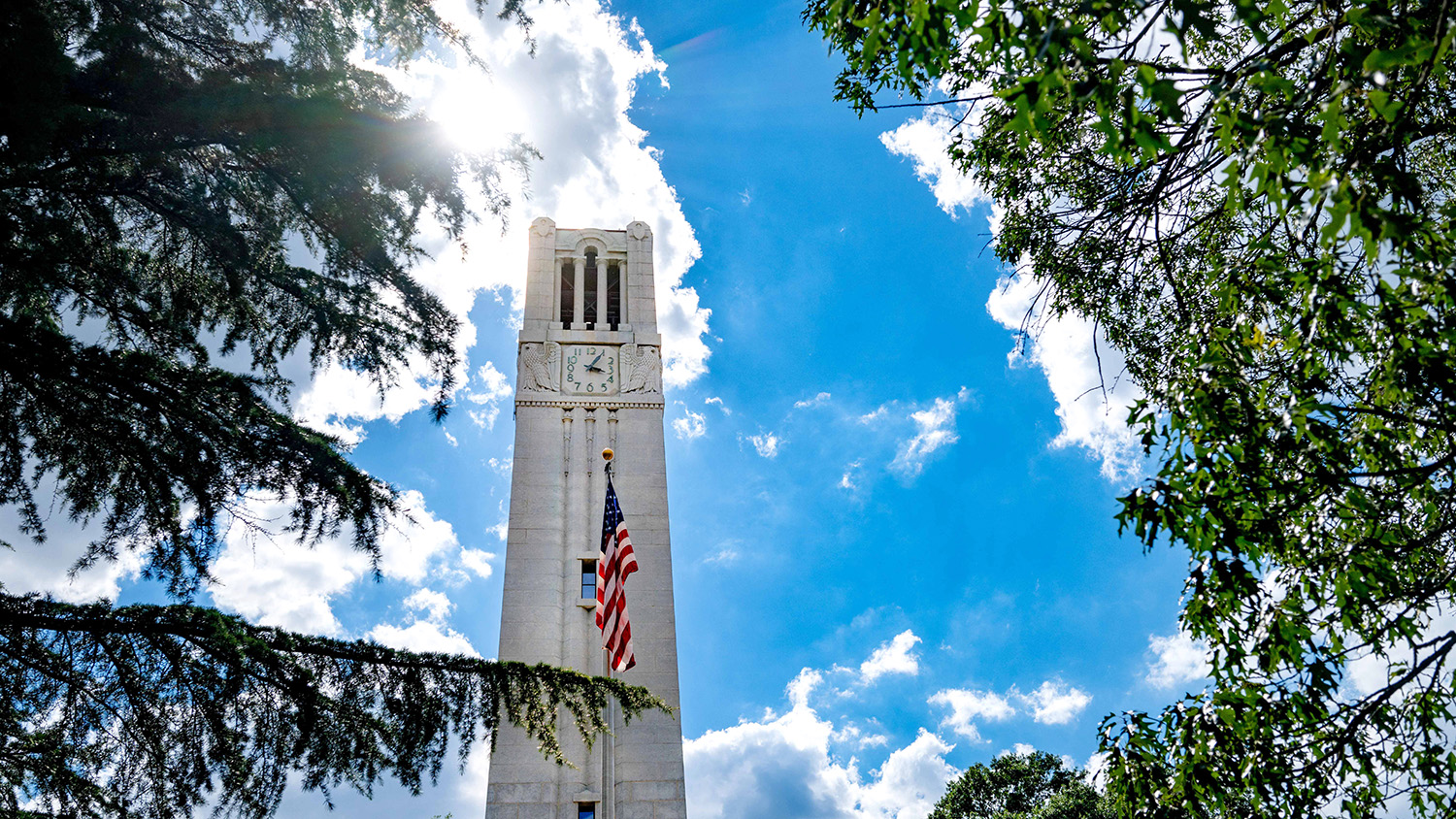DASA presents a webinar to explore racial climate on campus and best practices for response
Race relations on campuses across the country have been charged, as a result of a number of incidents that have taken place in college communities and in communities at large. Many institutions report having seen a loss of a civil community as we have known it to be — and we’ve seen a resurgence of student activism across the country in recent months, leaving administrators wondering how to encourage respectful student engagement.
Today, higher education institutions are neither babysitter nor bystander. The challenge then has become to balance the rights and responsibilities of students with the needs of the institution, through clear communication of values;effective conflict resolution processes; and procedures that are accessible,inclusive and integrative.
- How do you educate students on your institutional values related to civility and respect?
- How do you encourage freedom of speech and congregation on campus, while teaching students which behaviors cross the line?
- What do you do when students violate policies related to hate and bias on campus?
- How do you respond swiftly when incidents do occur? What do you do to rebuild trust? To allow controversy with civility?
The presentation will be led by Rev. Dr. Jamie Washington serves as the President and Founder of the Washington Consulting Group, a Multicultural Organizational Development Firm out of Baltimore, MD. and the President and a Founder of the Social Justice Training Institute. He will provide strategies for engaging in best practices that meet the needs of a diverse student body, educating students about what constitutes racist speech and action, responding to incidents swiftly and effectively when they do occur and adjudicating incidents effectively and fairly.
RSVP
Topics Covered
- A review of some of the racial incidents that have taken place on campuses this past year. What can you do to improve your campus climate for the 2015-2016 academic year and beyond?
- Strategies for offering opportunities for intersection among students of different backgrounds on campus — and how you can help majority students on campus understand that diversity is a topic that pertains to everyone.
- Effective tools for educating students on what it means to be a student activist and how they can be engaged citizens on topics of social justice.
- Best practices for adjudicating student conduct cases related to hate and bias incidents. Where does restorative justice fit in?
- A framework for response, so you can avoid making broad-sweeping decisions that have negative consequences.
Info provided by Paperclip Communications.
- Categories:


